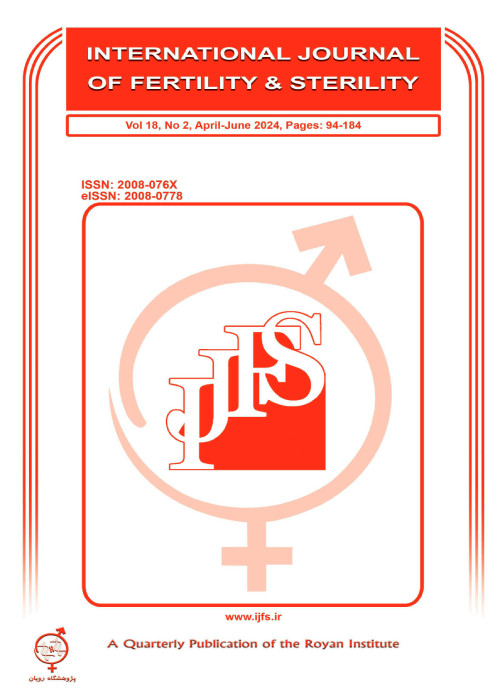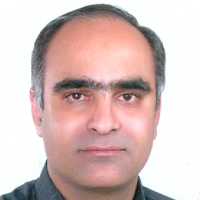Can Altered Expression of HSPA2 in Varicocele Patients Lead to Abnormal Spermatogenesis?
Author(s):
Abstract:
Background
Heat shock protein A2 (HSPA2) is correlated with sperm maturity and function. Therefore, dysfunctional expression of this gene results in abnormal spermatogenesis. On the other hand, DNA damage in spermatozoa is considered to be an important cause of male infertility, and the presence of sperm with DNA fragmentation and chromatin abnormalities in human ejaculates is well documented, in particular in men with poor semen quality. Therefore, the aim of this study is to evaluate HSPA2 expression and its relation with DNA fragmentation, protamine deficiency involved in DNA packaging and semen parameters in varicocele patients in comparison to fertile men before and after varicocelectomy. Materials And Methods
This study included 52 fertile individuals as the control group and 70 infertile individuals with varicocele as the experimental group. Sperm DNA fragmentation, protamine deficiency and relative HSPA2 expression were evaluated by the sperm chromatin dispersion test, chromomycin A3 staining and RT-PCR, respectively. Results
The mean values of abnormal morphology, protamine deficiency and DNA fragmentation were significantly lower in varicocele individuals following varicocelectomy when compared to fertile individuals. The correlation between these parameters were studied and discussed in the text. Conclusion
There is a decrease in relative HSPA2 expression which is possibly due to chronic induced hyperthermia in varicocele individuals. Removal of this stress increases HSPA2 expression and results in the proper folding of proteins involved in spermatogenesis; therefore resulting in improved DNA packaging, as well as better sperm morphology and motility which may indirectly reduce sperm DNA fragmentation.Language:
English
Published:
International Journal Of Fertility and Sterility, Volume:4 Issue: 3, Oct&nov 2010
Page:
104
magiran.com/p795231
دانلود و مطالعه متن این مقاله با یکی از روشهای زیر امکان پذیر است:
اشتراک شخصی
با عضویت و پرداخت آنلاین حق اشتراک یکساله به مبلغ 1,390,000ريال میتوانید 70 عنوان مطلب دانلود کنید!
اشتراک سازمانی
به کتابخانه دانشگاه یا محل کار خود پیشنهاد کنید تا اشتراک سازمانی این پایگاه را برای دسترسی نامحدود همه کاربران به متن مطالب تهیه نمایند!
توجه!
- حق عضویت دریافتی صرف حمایت از نشریات عضو و نگهداری، تکمیل و توسعه مگیران میشود.
- پرداخت حق اشتراک و دانلود مقالات اجازه بازنشر آن در سایر رسانههای چاپی و دیجیتال را به کاربر نمیدهد.
In order to view content subscription is required
Personal subscription
Subscribe magiran.com for 70 € euros via PayPal and download 70 articles during a year.
Organization subscription
Please contact us to subscribe your university or library for unlimited access!



